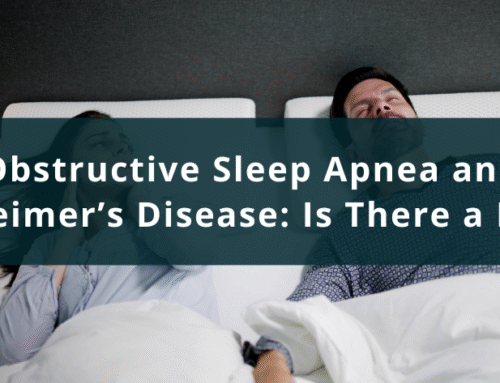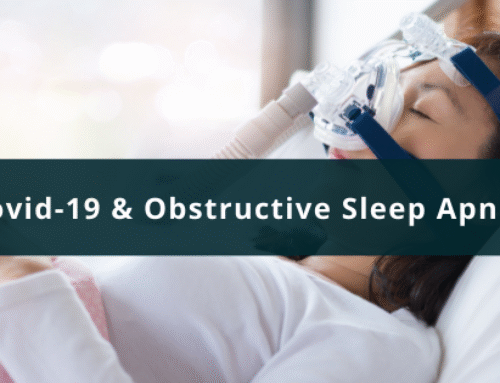Too Much Obstructive Sleep Apnea in the US?
Recently, I received a great question regarding sleep apnea: “Among patients who have a sleep study, have you ever felt that sleep apnea is overly diagnosed?”
It is my opinion that obstructive sleep apnea is not over-diagnosed and I do believe that the diagnosis of sleep apnea will increase as the incidence of obesity increases. The criteria that are used to determine obstructive sleep apnea is very accurate. The problem with obstructive sleep apnea is in determining how to treat the underlying obstruction. CPAP is often very difficult for patients to adhere to.
This is because you have been sleeping one way for decades, and now, all of a sudden, someone is strapping the mask on your face and forcing air into the mask through a hose.
That being said, some patients, once they are put on CPAP, will never sleep without it again. Unfortunately, these patients are in a minority.
I believe in time there will be new modalities other than CPAP to alleviate patient’s obstructive sleep apnea. It must be remembered that obstructive sleep apnea can contribute to the worsening of other diseases such as cardiovascular disease, stroke, diabetes mellitus and hypercholesterolemia. Many patients who are refractory to these diseases have been found to have underlying obstructive sleep apnea and once the obstructive sleep apnea is addressed the other medical management becomes easier.
Case in point, several years ago, I had a patient with diabetes mellitus and morbid obesity who continually needed to add more insulin to his regiment. Every time his insulin regimen went up, he put on more weight. Unfortunately, no one had done a repeat sleep study, despite the fact the patient had put on 100 pounds. A new sleep study was ordered and his parameters were adjusted. Afterwards, his insulin requirements actually began to decrease, once his sleep apnea was addressed properly.
There is some new data out there that suggests that obstructive sleep apnea may contribute to cancer. It is for these reasons that patients need to be screened for obstructive sleep apnea.
One last note, there are those who do have mild to moderate obstructive sleep apnea that does not fit the typical profile for obstructive sleep apnea. In my practice, I have had several young women in their late teens and early 20’s, who are fit and skinny, yet were found to have obstructive sleep apnea. In all these cases, the chief complaint was fatigue, and the women were found to have enlarged tonsils. After having a tonsillectomy, their fatigue had resolved because the obstruction was removed.







